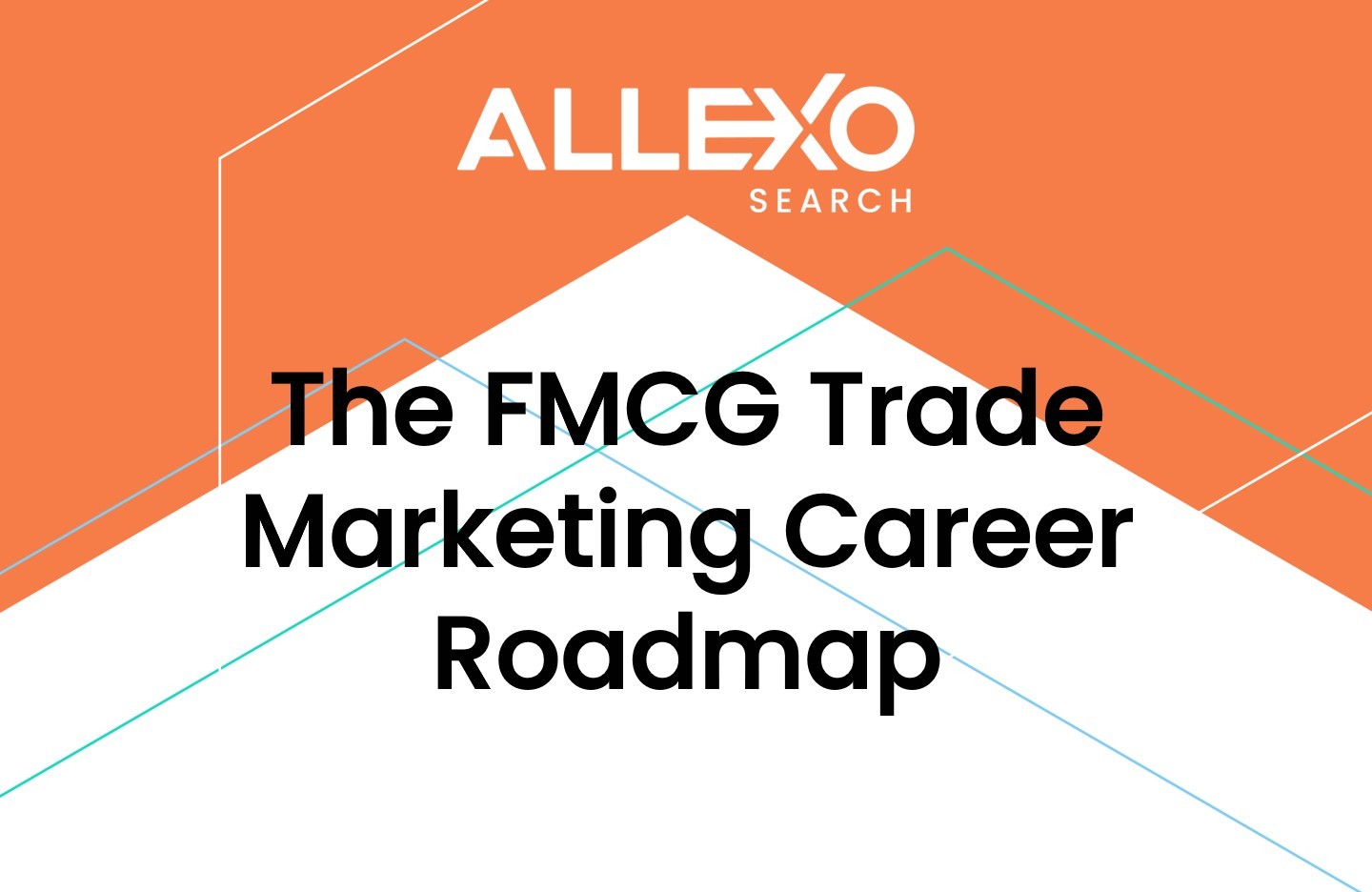Trade Marketing has become one of the most commercially critical—and career-rewarding—functions in the UK FMCG industry.
Sitting at the intersection of sales and marketing, trade marketers are the driving force behind activation, execution and brand conversion at the point of purchase. It’s where consumer strategy meets retailer reality.
But how do you get into trade marketing? What does progression look like? And how do you build a successful career in this fast-moving space?
Let’s break it down.
What is Trade Marketing?
In simple terms, trade marketing is about making sure that brand plans are executed brilliantly in retail environments—online and offline. It covers:
- Shopper insights & behaviour
- Promotional planning & execution
- Customer marketing
- Sales toolkits & retailer sell-ins
- Category activation & POS
- Budget ownership & ROI tracking
Trade Marketing teams work closely with Sales, Brand Marketing, Category Management and external retail partners to win at the shelf.
Who is it right for?
You’ll thrive in Trade Marketing if you enjoy:
- Working with both creative and commercial stakeholders
- Making decisions based on shopper and customer data
- Planning and delivering brand activation in fast-paced environments
- Being at the heart of sales and marketing alignment
Most trade marketers are naturally commercial, organised, collaborative, and great communicators.
The Typical Career Path
1. Trade Marketing Executive / Assistant (Entry Level)
Your first role may sit within a wider Sales or Marketing team. You'll likely support on promotions, POS development, and customer presentations. Expect to work across functions—and learn fast.
Ideal background: Marketing graduate, FMCG sales support, or agency-side experience.
2. Trade Marketing Manager / Customer Marketing Manager (Mid-Level)
This is where you start owning brands, accounts or categories. You'll work more closely with NAMs and Brand Managers to build and execute customer plans, manage budgets, and evaluate campaign effectiveness.
You may be aligned to a specific channel (e.g. grocery, impulse, e-commerce) or a major customer (e.g. Tesco, Boots).
3. Senior Manager or Channel Lead
You’ll manage others, own the trade strategy across key customers or channels, and act as a central point between Sales and Brand teams. At this stage, you’ll be expected to shape the planning process, build retailer relationships, and lead shopper strategy development.
4. Head of Trade Marketing / Customer Activation Director
In senior leadership roles, you’re setting strategy across markets and channels—often at a regional or global level. You’ll lead teams, manage large budgets, and sit at the top table with Sales, Marketing and Category Directors.
At this level, you’re influencing NPD plans, commercial policy, and the shape of go-to-market models.
Alternative Routes & Specialisms
While many trade marketers follow a linear path, there are lateral opportunities too:
- Move into National Accounts: Great for those who want direct customer ownership and P&L responsibility.
- Shift to Category or Shopper Marketing: Particularly common where trade teams focus on activation and in-store strategy.
- Explore Brand or Commercial Marketing: If you lean more toward creative development or ATL campaigns.
- Join a retailer, agency or start-up: Trade marketing experience is highly transferable to roles in retail marketing, brand partnerships or consultancy.
Which Sectors Offer the Best Opportunities?
Trade marketing roles exist across all FMCG categories, but hiring activity is strongest in:
- Food & Drink (especially impulse, snacking and chilled)
- Health & Beauty (OTC, skincare, cosmetics)
- Household & Personal Care
- Consumer Healthcare & Pharma (often called “Customer Marketing”)
- Alcohol (On-Trade and Off-Trade experience in demand)
In 2025, we’re seeing increased demand for trade marketers with digital activation, eCommerce and retail media experience—particularly those who understand omnichannel planning.
What Skills Do Employers Look For?
Core trade marketing capabilities include:
- Commercial awareness & budget management
- Project & stakeholder management
- Promotional planning & post-campaign evaluation
- Shopper insights & customer understanding
- Creative briefing & POS development
But beyond the technical, FMCG employers also want:
- Agility and cross-functional collaboration
- Strong communication & influencing skills
- Analytical thinking & attention to detail
- Experience working with field sales, account teams or customers directly
Salary Expectations (UK Benchmarks)
Here’s a rough guide to current UK trade marketing salaries in 2025:
- Trade Marketing Exec: £30k–£42k
- Trade Marketing Manager: £42k–£55k
- Senior Manager / Channel Lead: £60k–£82k
- Head of Trade / Director: £90k–£130k+
Salaries vary by industry, location and scope—but trade marketing remains a well-compensated and high-impact commercial function.
Final Thoughts
Trade marketing is no longer a ‘support’ role—it’s a strategic career path at the heart of brand success in FMCG.
Whether you're starting out or looking to step up, building your experience in this space can open doors to senior leadership roles across Sales, Marketing, Category and beyond.
At Allexo, we help candidates map out their FMCG career journeys—and help brands build high-performing commercial teams.
If you’re exploring your next move in Trade Marketing, or hiring into your team—get in touch.




